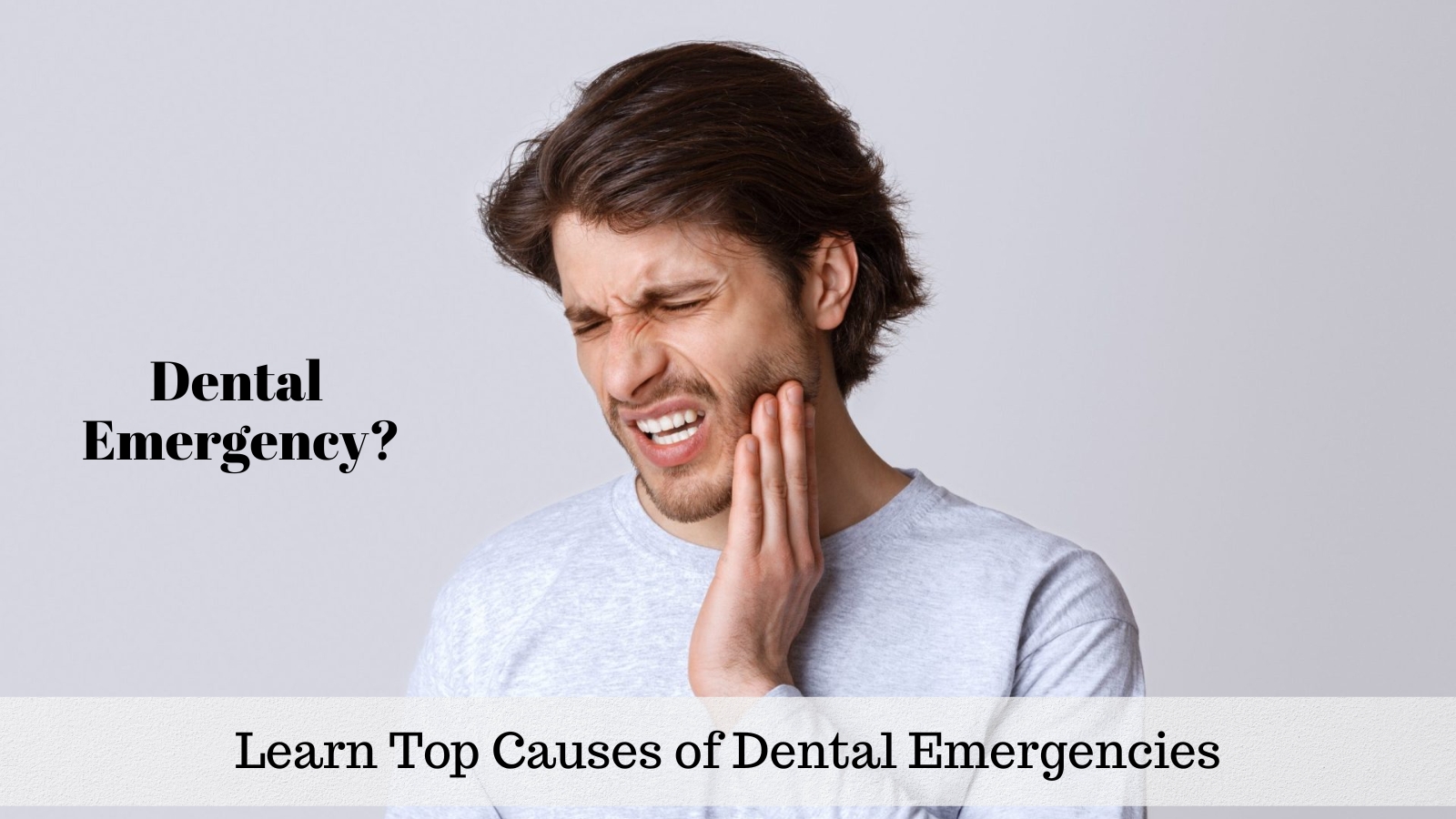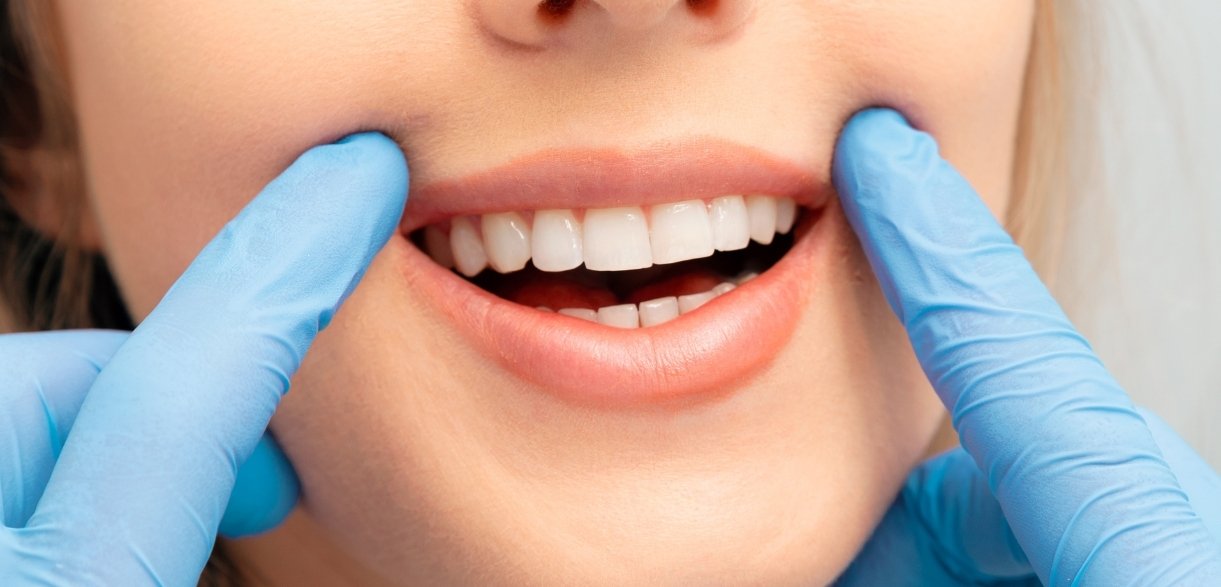
Ever wondered what turns a regular day into an unexpected dental nightmare? One minute, you’re okay, and the next, you’re clutching your jaw in pain, scrambling for an emergency dentist. Dental emergencies can strike without warning, but understanding what causes them and knowing how to prevent them can save you from pain, stress, and unexpected costs. Let’s dive into the top causes of dental emergencies and what you can do to keep your smile safe.
1. Tooth Decay: The Silent Culprit
Tooth decay doesn’t just happen overnight. It’s a slow process that often goes unnoticed until it’s too late. If untreated, cavities can lead to infections or abscesses, usually resulting in emergency dental visits.
Why it happens: Poor oral hygiene is the primary cause of tooth decay. When plaque builds up on teeth, it produces acid that eats away at the enamel, eventually leading to cavities.
Prevention tips:
- Brush twice a day with fluoride toothpaste.
- Floss daily to remove food particles between teeth.
- Limit sugary and acidic foods that contribute to decay.
- Visit your dentist for regular cleanings and checkups.
2. Knocked-Out Teeth: The Accidental Ouch
Imagine playing basketball or tripping over something; suddenly, a tooth gets knocked out. It’s one of the more shocking dental emergencies, and timing is critical to saving the tooth.
Why it happens: Physical accidents, contact sports, or falls are common causes of knocked-out teeth.
Prevention tips:
- Always wear a mouthguard during sports activities.
- Be mindful of your surroundings to avoid accidents at home.
- Keep a first-aid kit with a small milk or saline solution for knocked-out teeth.
If a tooth gets knocked out, place it back in the socket or keep it in milk until you can see a dentist. Acting fast can mean saving or losing that tooth for good.
3. Cracked or Broken Teeth: The Sneaky Snack Attack
You might not expect it, but one wrong bite can result in a cracked or broken tooth. A common dental emergency often comes from biting into something hard or grinding your teeth unconsciously.
Why it happens: Chewing on ice, hard candies, or biting down wrong can be causes of dental emergencies. Grinding your teeth, especially during sleep, can also wear down enamel over time.
Prevention tips:
- Avoid chewing on hard objects like ice or pens.
- Be mindful of your food—don’t bite down too hard on things like popcorn kernels.
- Wear a nightguard if you grind your teeth while sleeping.
A cracked tooth might not always hurt immediately, but don’t ignore it. Left untreated, it can lead to further damage or infection, creating an even bigger problem.
4. Abscessed Teeth: The Hidden Threat
An abscessed tooth is a severe condition caused by an infection in the root of a tooth or between the tooth and gum. This dental emergency is painful and, if not treated promptly, can spread to other body parts.
Why it happens: Untreated cavities, gum disease, or trauma to the tooth can lead to an abscess. Bacteria enter the inner part of the tooth, leading to infection and pus buildup.
Prevention tips:
- Maintain good oral hygiene to prevent cavities and gum disease.
- Seek immediate dental care for any tooth pain or swelling.
- Avoid ignoring dental issues like toothaches or gum tenderness.
Abscessed teeth can cause severe pain, swelling, and, in some cases, fever. If you suspect you have one, consult a dentist immediately to prevent the infection from spreading further.
5. Lost Dental Fillings or Crowns: The Unwelcome Surprise
Fillings and crowns are designed to protect and strengthen your teeth but are not invincible. A lost filling or crown can lead to discomfort, sensitivity, or even an exposed tooth that requires urgent care.
Why it happens: Over time, wear and tear or decay around the edges of a filling or crown can cause it to loosen and fall out.
Prevention tips:
- Avoid chewing hard or sticky foods that can dislodge dental work.
- Regularly visit your dentist to check the condition of your fillings and crowns.
- Brush and floss carefully around dental work to prevent decay.
You can also get dental implants if you lose a filling or crown. Avoid chewing on the affected side, and see your dentist as soon as possible to have it repaired or replaced.
6. Gum Infections: The Sneaky Saboteur
Your gums play a vital role in oral health, but infections like gingivitis or periodontitis can sneak up on you, causing pain, swelling, and even tooth loss if left untreated. Gum infections are common dental emergencies, mainly when they cause rapid swelling or bleeding.
Why it happens: Poor oral hygiene, smoking, or a diet lacking essential nutrients can lead to gum disease, which escalates into infections.
Prevention tips:
- Brush and floss daily to remove plaque and food particles.
- Visit your dentist regularly for deep cleanings to remove tartar.
- Avoid smoking and maintain a balanced diet to support gum health.
Don’t ignore signs of gum trouble. Tenderness, bleeding, or swelling in the gums should prompt a visit to your dentist before it becomes a bigger problem.
While dental emergencies can be painful and scary, the good news is that many of them are preventable. Taking care of your teeth and gums with proper hygiene, regular dental checkups, and protective measures can keep you out of the dentist’s chair for unexpected emergencies. If something does happen, don’t hesitate—getting prompt care can save your smile and prevent further complications.
So, think again the next time you’re tempted to skip flossing or delay a dental visit. Your teeth will thank you!





